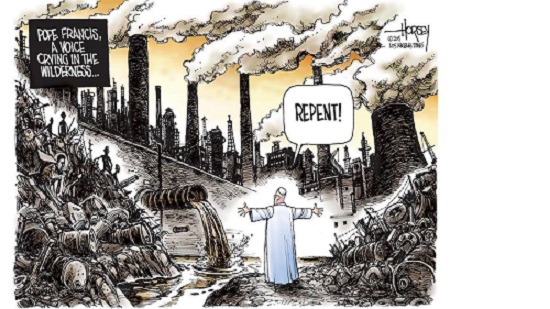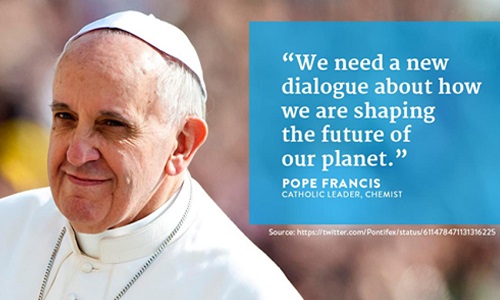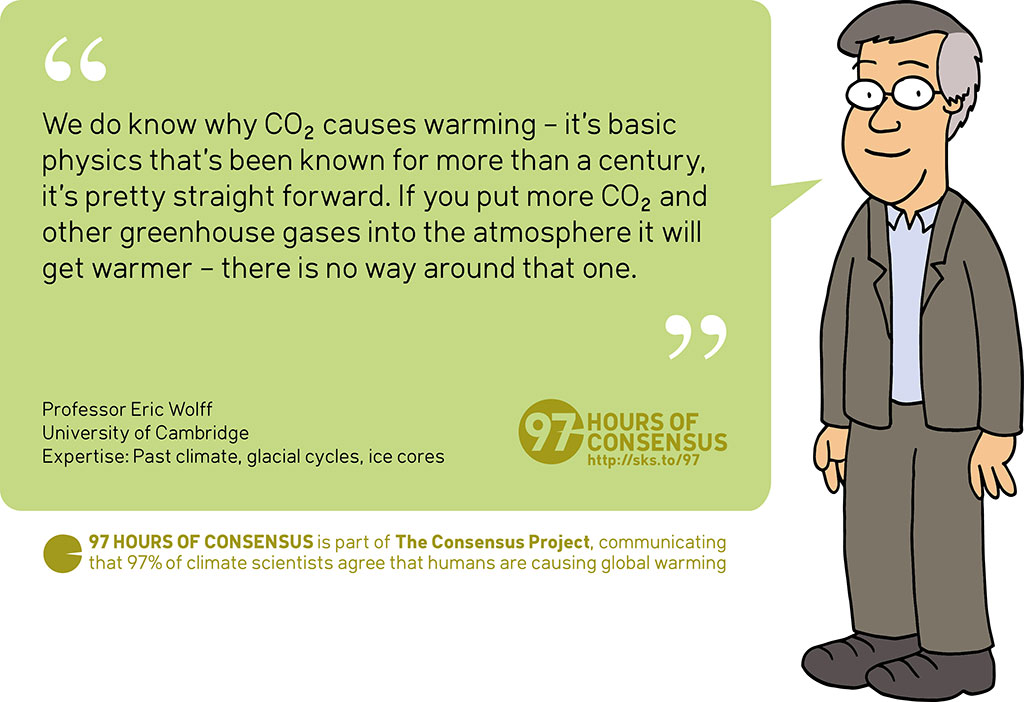
New study links global warming to Hurricane Sandy and other extreme weather events by John Abraham garnered the most commen ts of the articles posted on SkS during the past week. The Carbon Brief Interview: Christiana Figueres by Leo Hickman (The Carbon Brief) attracted the second highest number and Cracking the mystery of the corrosive ocean by Kaitlin Alexander (ClimateSight) received the the third highest.
The El Niño event increasing storm potential in the Pacific Ocean is likely to disrupt oil shipments around the globe, spelling higher gas prices at the pump and rising costs at the grocery store.
Commodities traders are already factoring in a rise in oil prices, according to the Financial Times. That's because any interruption in shipping routes is a major cost on transportation. And when the cargo being shipped is oil, food and consumer goods are also likely to see inflated prices.
U.S. oil imports ship largely from the Middle East around the Cape of Good Hope in Africa and across the Atlantic. The Atlantic hurricane season this year is expected to be calmer than normal, so imports won't likely be constrained.
El Nino may spell higher prices at pump, grocery store by Thomas M. Kostigen, USA Today, June 27, 2015

On climate change, will Christians follow Pope Francis or Rush Limbaugh? by David Horsey, Los Angeles Times, June 25, 2015
Hat tip to I Heart Climate Scientists
“We see climate change as a major health issue and that it is often neglected in the policy debates,” said Professor Anthony Costello, director of the UCL Institute of Global Health* and co-chair of the commission.
“On our current trajectory, going to 4C [of warming] is somewhere we don’t want to go and that has very serious and potentially catastrophic effects for human health and human survival and could undermine all of the last half-century’s gains. We see that as a medical emergency because the action we ned to do to stop that in its tracks and get us back onto a 2C trajectory or less requires action now – and action in the next ten years – otherwise the game could be over.”
*The Institute for Global Health (University College London) is a world-leading centre of research and teaching excellence in global health.
Climate change threatens 50 years of progress in global health, study says by Damian Carrington and Sarah Boseley, Guardian, June 22, 2015
CAIT, created by the Woerld Resources Institute, is one of the most trusted sources of climate data available. It is a free and open source for comprehensive and comparable climate and emissions data. CAIT is made up of a suite of tools that allow users to utilize the data to understand considerations of equity in climate negotiations, see transparency and available information in country climate action comitments, interact with historic emissions data, and dive into the methodologies behind future emissions projections. CAIT allows national governments, international organizations and independent researchers to perform relevant analysis and promote efficient action on climate change.


Quote derived with permission from author from:
"We do know that in the last century, CO2 has risen to levels well above anything experienced in the last 800,000 years and we know why CO2 causes warming. It's basic physics that's been known for more than a century. It's pretty straightforward. If you put more CO2 and other greenhouse gases into the atmosphere, it will get warmer - there is no way around that one."
Posted by John Hartz on Sunday, 28 June, 2015
 |
The Skeptical Science website by Skeptical Science is licensed under a Creative Commons Attribution 3.0 Unported License. |